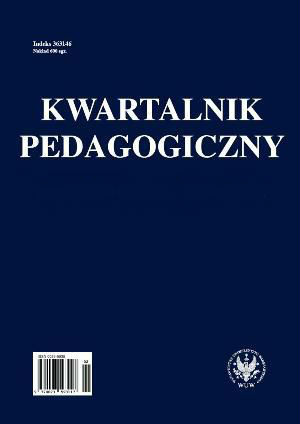RELATYWIZM JĘZYKOWY. CZY MOŻNA "PRZYSWOIĆ SOBIE" INNY JĘZYK?
LINGUISTIC RELATIVISM: CAN ONE "ACQUIRE" ANOTHER LANGUAGE?
Author(s): Andrzej PawelecSubject(s): Education
Published by: Wydawnictwa Uniwersytetu Warszawskiego
Keywords: interkulturowość; komunikacja; różnice językowe; hipoteza Sapira-Whorfa
Summary/Abstract: The so-called "Sapir-Whorf Hypothesis" stirred a heated debate concerning the limitations imposed by a language on perception and mental states of its users as well as on the possibility of intercultural communication. There are several formulations of this hypothesis - from "linguistic determinism" through "linguistic relativism" up to "thinking for speaking"- but even the weakest one has pessimistic pedagogical implications. The author attempts to show - following Gadamer - that the Sapir-Whorf Hypothesis is commonly misunderstood. Language does not impose a specific perspective on the world but makes it possible for us "to have a world". In other words, thanks to language we are not under the direct pressure of our environment and we can extend the limits of our experience: we can assume and preserve in culture various postures which help reveal new aspects of the world. Following Merleau-Ponty, the paper presents an interpretation of this hypothesis which reveals most clearly the challenges facing learners who want to "acquire" another language. According to this interpretation, language is best understood as a kind of gesticulation in a cultural space constituted in a history of expression. The author discusses a few examples belonging to the domain of contrastive grammar of English and Polish. He claims that the cognitive analysis of these examples - however useful and clear -does not reveal the true nature of the linguistic differences involved.
Journal: Kwartalnik Pedagogiczny
- Issue Year: 206/2006
- Issue No: 4
- Page Range: 155-162
- Page Count: 8
- Language: Polish
- Content File-PDF

